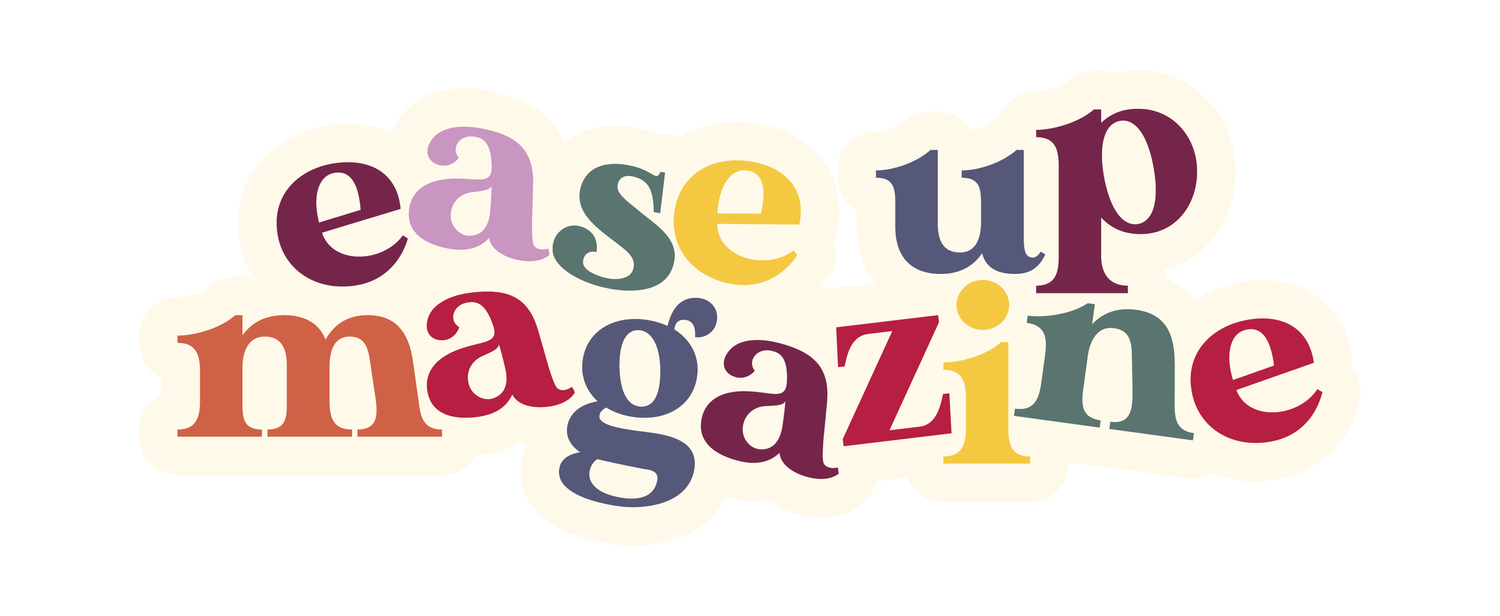Music Journalism vs. the Digital Needle: An industry perspective on the cultural and commercial shifts in music media
written by Ally Iseminger
2024 has been a turbulent year for the world of music journalism. Beginning back in January, Pitchfork announced its merger with GQ, sending a seismic shock through the industry. Although the mass outrage proved to bring valuable discourse, things quickly moved forward, and the world learned to adjust. It wasn’t until earlier this month that it was announced that Pitchfork Music Festival would no longer be taking place, at least not in its home of Chicago. A year shy of the 20th anniversary, the previous outrage was now doubled. If the merger was a warning siren, this was the watch.
This year of dissolution wasn’t limited to journalism. Bandcamp, a popular independent music distribution platform, laid off half of its editorial staff. Universal Music and Atlantic Records laid off a large portion of their publicity departments. As a whole, the industry has become disjointed and harder to navigate for independent artists. The rules have all been rewritten to fit the digital world, and platforms born from a love of grassroots discovery have been forced to adapt to the new times.
Although it is easier now to discover and try out a new artist through streaming, a world lacking in physical media purchases has introduced new challenges. The average person now consumes music a song at a time, rather than exploring a full album. This changes everything. Your favorite artist might be based on one or two songs rather than a complete catalog. If you love a single from an artist, is that enough to warrant buying a ticket to their show on tour? When you’re only listening to one song by an artist, it doesn't necessarily lead you into researching the artist beyond their Spotify landing page. Artists often express frustration at crowds singing only their biggest hits, creating a somewhat unwelcoming environment for experiencing their entire catalog live and in person.
If artists can market themselves for free using social media, as so many do a great job at, what is the point of music journalism? Thanks to Instagram and TikTok, everyone who passively scrolls has the ability to do A&R. The problem with this type of marketing is that it has unfair disadvantages. Why is it required for a music artist to be good at social media marketing to be discovered? What if an artist devotes all their time to creating music that aligns with their creative vision but doesn’t choose to spend hours learning how to work an algorithm? They will likely be lost in the shuffle as a result.
With budget cuts across record labels, less discovery takes place. The labels have done this on purpose. Major labels have shifted their focus to acquiring older music catalogs in an attempt to catch up with the current culture’s fascination with revisiting old tracks. In the current climate, it is a cheaper and better investment for labels to acquire old publishing catalogs that have already completed their publicity cycle. By investing in the classics, they can ride their wave of constant streaming instead of betting on new up-and-coming artists to try and match those numbers. This aligns well with another successful strategy: passive streaming is the future. Streaming platforms have integrated new AI to recommend new tracks so your playlist never runs out. As long as you press play, the music will continue until you pause or stop it. This means that we’re no longer aware of every song that will play when we drop the digital needle. We’re listening to more music than ever before, but how much of it stays with us?
